Jennifer Haley’s Neighborhood 3: Requisition of Doom is a production unlike the majority that have been staged in either of Parkland’s two theatres, although clearly the Second Stage is a great fit. Not many shows earn the category or genre of “horror/science fiction/dark comedy”, but Neighborhood 3 can be classified as all three.
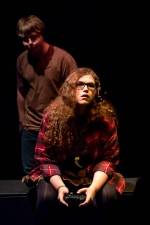 The setting is simple — a modern day suburb with several teens playing a video game, the object of which is to defeat the zombies and escape the neighborhood. As the play develops, the lines begin to blur between reality and fantasy. This is a show of psychological thriller proportions, the script compared to episodes of The Twilight Zone, and the actors engaged in bringing the audience into their own virtual reality.
The setting is simple — a modern day suburb with several teens playing a video game, the object of which is to defeat the zombies and escape the neighborhood. As the play develops, the lines begin to blur between reality and fantasy. This is a show of psychological thriller proportions, the script compared to episodes of The Twilight Zone, and the actors engaged in bringing the audience into their own virtual reality.
To match the unique approach of this production, Smile Politely decided to take a unique approach to the preview, asking several of the actors and the director of this unusually young cast to answer a few questions about each’s involvement in the show.
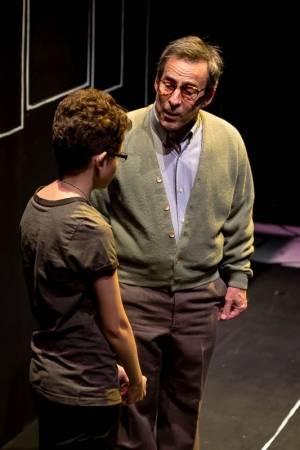 SP: Do you find that acting in a horror or science fiction genre is more challenging than other more typical or expected stage genres? How so?
SP: Do you find that acting in a horror or science fiction genre is more challenging than other more typical or expected stage genres? How so?
John Tilford (Steve, Doug): I personally find it a bit more challenging. The whole tone of Neighborhood3: Requisition of Doom is eerie and darker than other plays I have performed in. There are some light moments in the play, but the more serious moments of the play are more challenging to me because I seem to do more comedy and musicals than I do this type of material. It is nice for me as an actor to get a break from the funny sidekick or comedic role.
SP: As one of the teen cast members of this show — does this script accurately depict any aspects of your life or of anyone in your life? Did you find the representation of teens in general in the script to be one that seems in touch with today’s reality?
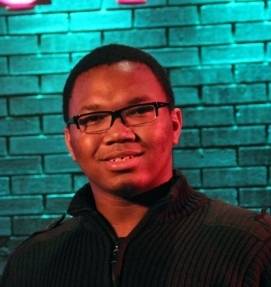 Cedric Jones (zombiekller14): I do believe that one of the things that make this show so great is how real it could be. There was a big fear years ago, and still today, that violent video games have harmful effects on kids. Whichever way you interpret this show will further explain that ideology. As far as the characters go, they remind me of lots of my friends in positive ways, in terms of their sarcasm and dark humor.
Cedric Jones (zombiekller14): I do believe that one of the things that make this show so great is how real it could be. There was a big fear years ago, and still today, that violent video games have harmful effects on kids. Whichever way you interpret this show will further explain that ideology. As far as the characters go, they remind me of lots of my friends in positive ways, in terms of their sarcasm and dark humor.
SP: Tell me about working with a cast of both teens and adults — have you ever worked on a show with a cast like this before? If not, how is this different than what you’ve done in the past?
Jones: Working with this blended cast has been great. We’re all high-school age and up; so we’re open to talking about different topics spanning many genres. I still get nervous when I have to curse in front of one of [the adults] in a scene though. The best part is that we’re all very serious about our craft, and I think that’s inspiring for us younger cast members to see — that even at that age, you can do what you love. (Not to mention the moms bring food!)
SP: How does this younger than usual cast affect the feel of the show?
Susan Sheahan (Barbara, Vicki): I think it makes it feel more contemporary and authentic. Having the younger cast members provides a good counterpoint to the veterans.
SP: How would you best categorize this particular show: is this a stage interpretation of a standard sci-fi/thriller film, or is it something else altogether?
Sheahan: It’s definitely not a stage interpretation of a standard sci-fi thriller. In fact, I wouldn’t really classify it as sci-fi at all. Actually, it’s kind of hard to describe. In a sense, it is a thriller, but it’s also more than that. It looks at adult/teenage interactions and relationships, the concept of reality for those two groups, and it uses the story line as a metaphor for what could happen with those relationships, all in a kind of creepy/horror format. [It’s] definitely different than anything I’ve ever seen or been involved with, and certainly worth seeing.
SP: If you had to convince a serious theatre-goer to come see Neighborhood 3: Requisition of Doom, what would you say to them? Or is this honestly just a good scary show for the fall season?
There is a LOT to this play. Every time I read through it again or even during our rehearsals, I discover some new piece of information about the play’s major theme: the individual construction of what constitutes reality and thus, what makes something important. This play is psychologically very deep and there is a lot that every theatre-goer will have to chew on after the production. Our production hands the big questions of “what is reality, how is it constructed, and what is important within a given reality?” directly to the audience and they are thrust into the action that plays out surrounding those questions. In other words, don’t be put off by a play about video games, the potential for zombies, or a good thrill (if any of those things put you off in the first place). We’re still dealing with some major existential questions in our production and we’re doing so in a way that will be enjoyable for all adult* audience members.
*Parkland’s website does carry the warning: “Contains some adult language and subject matter, recommended for mature teens and up.”
Neighborhood 3: Requisition of Doom is shuffling to Parkland Theatre’s Second Stage, October 1-3 and 8-10 at 7:30 p.m., with a special brunch of brains matinee at 3 p.m. on October 11. Ticket prices begin at $15, with special discounts for students (not ripe), seniors (statistically slower), and groups (herd mentality). Zombies can only eat so much Second Stage can only seat so much, my mistake, so reservations are recommended, made either online or by calling 217-351-2528.
Poster image via the Parkland Theatre website; stills taken by Scott Wells.








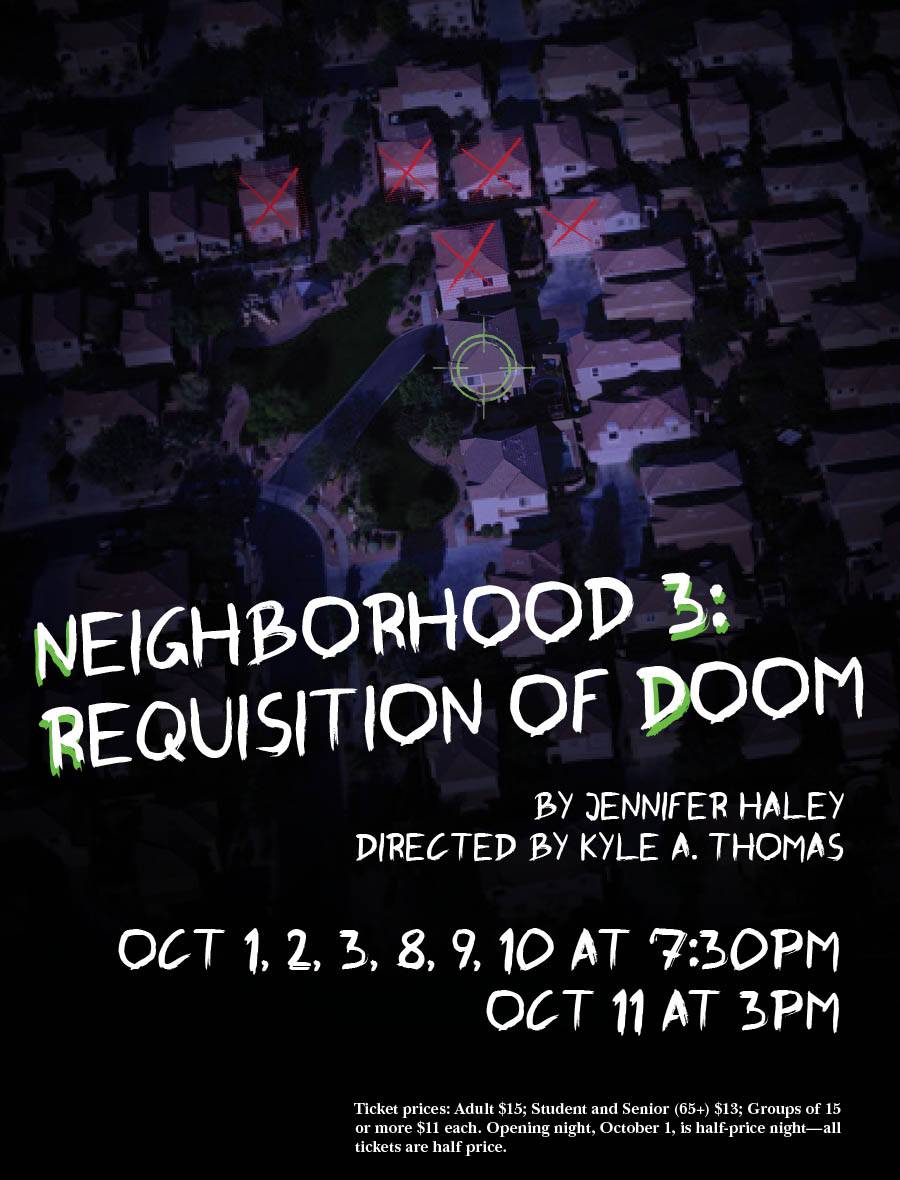
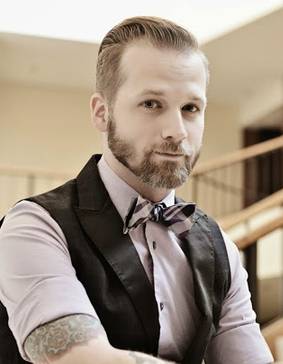 Kyle
Kyle